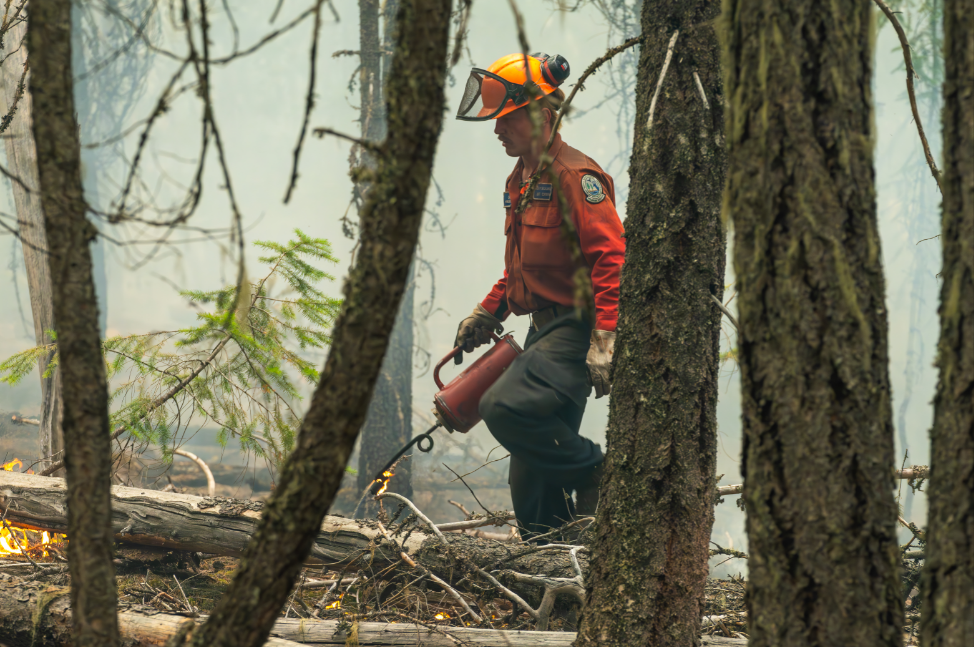British Columbia Premier David Eby has announced his government has committed to earlier and enhanced pensions for wildland firefighters, saying the province owes them a “deep debt of gratitude” for their efforts in battling recent fire seasons.

Eby says in a statement the province and the BC General Employees’ Union have reached an agreement-in-principle to “enhance” pensions for firefighting personnel employed directly by the BC Wildfire Service.

It says the change will give wildland firefighters provisions like those in other public-safety careers such as ambulance paramedics and corrections workers.
The statement says wildfire personnel could receive their earliest pensions up to five years before regular members of the public service pension plan.

Get daily National news
The province and the union are aiming to finalize the agreement early next year with changes taking effect in 2026, and while eligibility requirements are yet to be confirmed, the statement says the “majority” of workers at the BC Wildfire Service would qualify.
Union president Paul Finch says wildfire fighters “take immense risks and deserve fair compensation,” and the pension announcement marks a “major victory.”
“This change will help retain a stable, experienced workforce, ready to protect our communities when we need them most,” Finch says in the statement.
About 1,300 firefighters were employed directly by the wildfire service this year. B.C. has increased the service’s permanent full-time staff by 55 per cent since 2022.
About 350 firefighting personnel continue to battle more than 200 active blazes across the province, with 60 per cent of them now classified as under control.
This report by The Canadian Press was first published Sept. 16, 2024.
- Father of Tumbler Ridge school shooter issues statement: ‘I carry a sorrow’
- More B.C. restaurants say money gone from 3rd-party program and still no answers
- Tumbler Ridge B.C. mass shooting: What we know about the victims
- ‘We now have to figure out how to live life without her’: Mother of Tumbler Ridge shooting victim speaks








Comments
Want to discuss? Please read our Commenting Policy first.